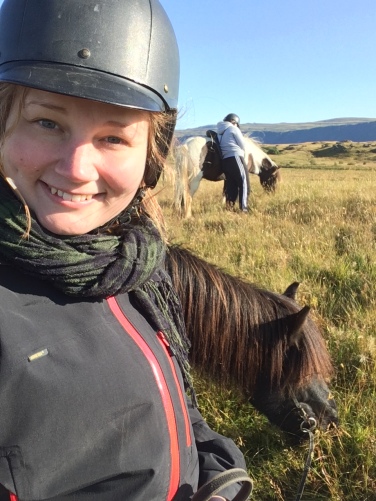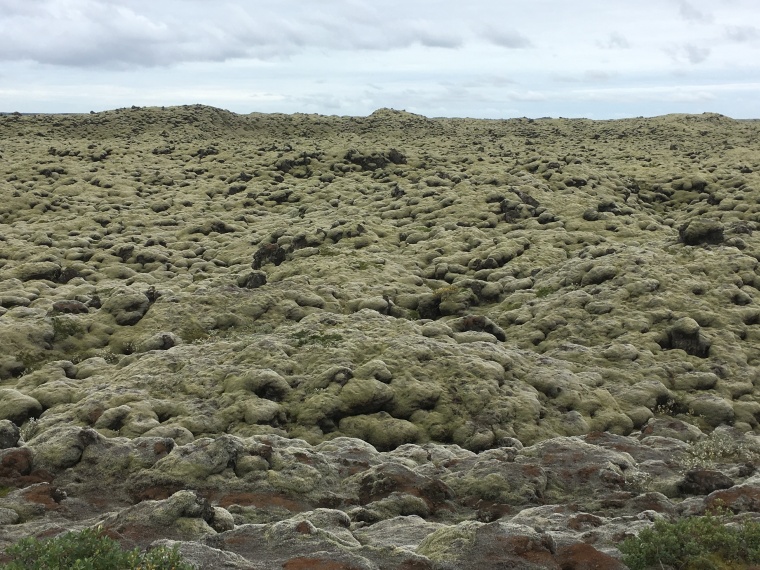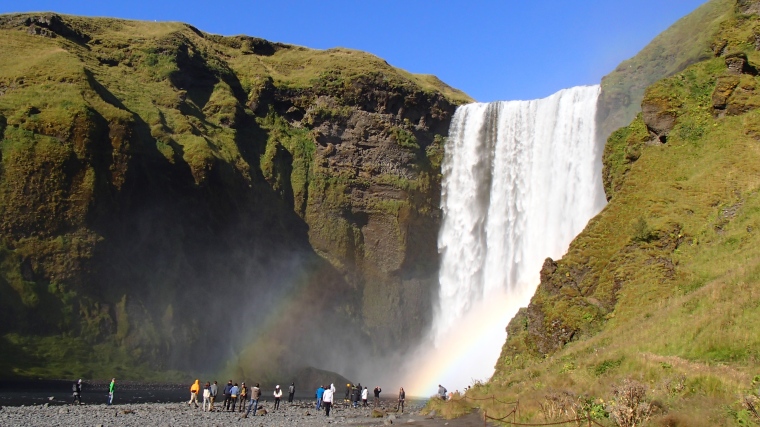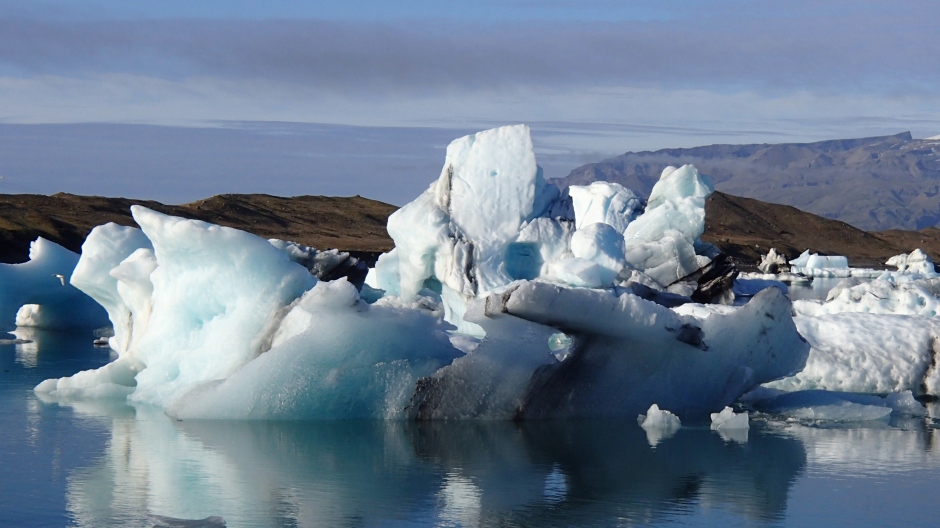This post is a bit different to usual – it’s not about the languages I am currently learning. It’s almost a sidetrack to travel blogging, but not quite. I’m going to write about my impressions of the Icelandic language, without having actively learned any of it, but after having experienced it as a part of my trip there.
Sidenote: I was pondering during my trip, whether I should evolve my blog into a language AND travel blog – many bloggers I like do that in their blogs. However, I decided I don’t travel enough to make it balanced in that sense, and also I’m more interested in writing about languages. But this point of view still gives me a great excuse to flood you with my travel photos, ha 😉
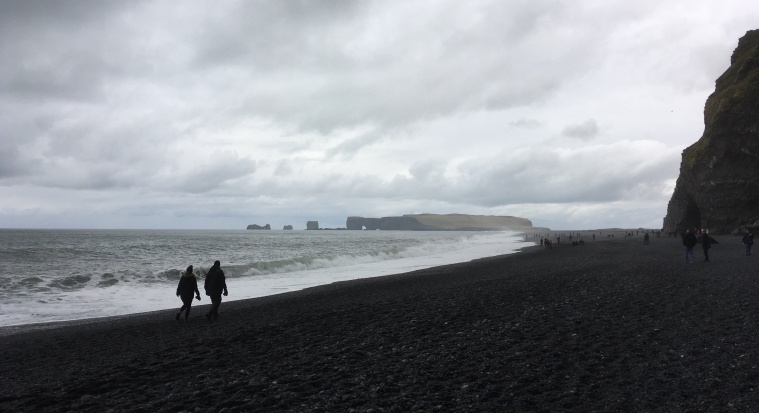
Before my trip, I made the decision not to make any efforts to learn Icelandic beforehand. The decision about the trip was quick and quite last minute so I wouldn’t have had time to learn much anyway, and I don’t feel like dabbling into languages right now. I did, however, kind of check the language out as a part of pre-travel hype by watching a few videos of basic phrases and by listening to a couple of Disney songs (that was bizarre! :-D), but my aim wasn’t really to memorise anything. Just to get the feeling of it.
And when in Iceland, of course I didn’t want to close my ears and eyes and mind from the language. I didn’t ignore it. I was very much observing it, every time I had the chance.
The thing is, even if you don’t actively want to learn the language before your trip, travelling is still always an interesting opportunity to explore a new language. It’s a chance learn understand some things about the language even if you don’t learn to understand it.
You’ll learn, that it is possible to appreciate and enjoy a language completely strange to you, one the you don’t speak a word of and perhaps even have no intention of learning (at least at the moment).
All you need to do is keep your ears open and mind tuned to a language learners’ mindset.
That’s what I did in Iceland, and I wanted to share some thoughts about it: four ways I was exposed to Icelandic while traveling, and five things I learned about Icelandic just like that.
4 ways I was exposed to Icelandic while in Iceland
1. Listen to the radio
We rented a car for three days and one of the first things I noticed when we hit the road wasn’t any breathtaking view through the window, but the language that was flooding our ears from the radio.
It was a wonderful combination – listening to the language, the radio host chatting, the advertisements, occasional Icelandic song even, and simultaneously watching the views change as we drove on. Experiencing Iceland with our eyes and our ears.
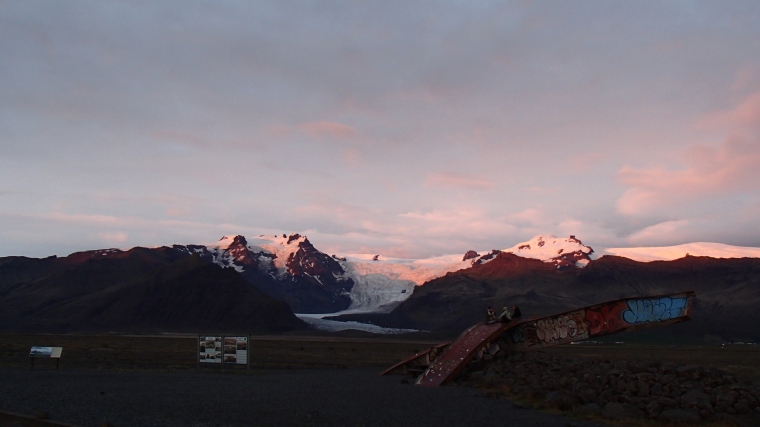
2. Reading the street signs
One thing I slightly tried to learn beforehand, or at least on the flight to Reykjavik, was how to pronounce Icelandic. They have some letters of their own, and some vowel combinations are pronounced differently. There was a small introduction to these in my guidebook. It felt rather difficult.
However, once we got to Iceland, we kept trying to read the road signs and place names out loud, and kept re-checking from our guidebook for the right pronunciation, and soon I started to remember that “au” is actually “öi” and à is au.
3. Learning about Icelandic nomenclature from a riding tour guide
We had two awesome days riding the Icelandic horses, and the riding guides told us a lot about the area and also explained the meanings of the place names (and the names of the horses, too!). This was a way more interesting guided tour experience than any Hop on-Hop off -bus tour ever!
4. Eavesdropping in a hot tub 🙂
This sounds worse than it is. Of course I could not understand what the people were saying, so I have no reason to feel guilty!
One fun way to explore a language is to listen to the locals, of course. In Iceland, there is one especially great place for this: the public swimming pools and hot tubs. We bathed somewhere almost every day, and while some places were more tourist-filled, we also visited a couple of places where the locals gathered to relax for their day off or after work.
Even though you’d think peace and quiet is what you appreciate in a place like that, the calm and steady chatter of Icelandic was actually a very pleasant background sound. Just relaxing in the hot water while wondering this amazing, special element of the Icelandic culture – again, hearing the language made me feel more connected to the culture; the experience feel more real.
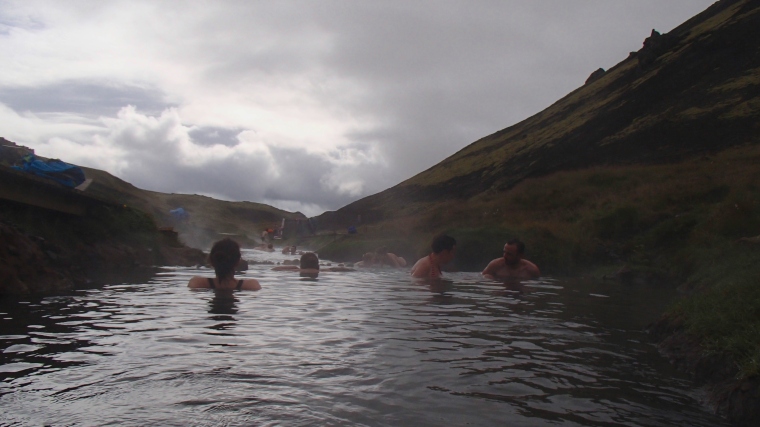
5 things I learned about Icelandic
1. It sounds strangely familiar
While listening to the radio, I soon noticed that if I didn’t pay attention, I could imagine it was Finnish on the background! Amazing. It felt also a bit the same as listening to Estonian, which really is related to Finnish: I don’t understand a word but the melody is similar. Icelandic and Finnish are not related at all, but still, there is something very familiar to the sound of Icelandic.
This is due to the way the words are stressed in both languages: the stress is on the first syllable. Like Finnish, Icelandic rolls on in a steady way, without a sing-song variation to it. Also, I guess there are some similar weird combinations of vowels (which can make a native Romance language speaker quite uncomfortable? :D).
2. The similarity to Swedish is sometimes hard to see, but it is there
Sometimes, I could clearly connect an Icelandic expression I read somewhere, to its Swedish counterpart. Often however, it took a few times of reading or hearing before I could make the connection. Sometimes I couldn’t figure it out at all. Icelandic is too different from Swedish that knowing the other would really help understand the first.
Often for instance the place names seemed incomprehensible when you first saw them, but after getting the pronunciation part right, they suddenly made more sense for a Swedish speaker: for instance, once I realised ‘Rauðá’ is pronounced ‘Röid au’, and it means Red river – which would be Röd å in Swedish.
For me, Swedish has always had “a language of campfires and storytelling days” feeling to it, but in comparison, Icelandic is like the language of heroes and ancient legends version of it. When I tried to look for the connections to the related language I know, I could kind imagine to feel the “Vikingness” of Icelandic.
3. The Icelandic people have a very straightforward approach to naming things
Reykjavik = steamy bay, Reykjadalur = steamy valley. Both are areas with hot springs. Hveragerði = Gardens of the hot springs. There are a lot of hot springs and a lot of greenhouses. You get the idea.
Even the horses where named things like Hvita = white (a white horse), Stjarna = star (a horse with a white star on the head), Eldur = fire (a chestnut red horse).
So things are basically called exactly what they are, and just buy learning Icelandic place names (or horse names!) you can learn a whole lot of vocabulary. Awesome!
Somehow also I think this reflects in a beautiful way the straightforward, uncomplicated relationship the Icelanders have with the nature.
4. Jà!
It simply means ‘yes’ (it’s pronounced /jauː/), but by the end of the trip, hearing this word really made me smile. I heard it a lot, and I can’t really explain why, but it sounded really heartwarming. Somehow happy and positive. Once I started paying attention to it, I heard it all the time.
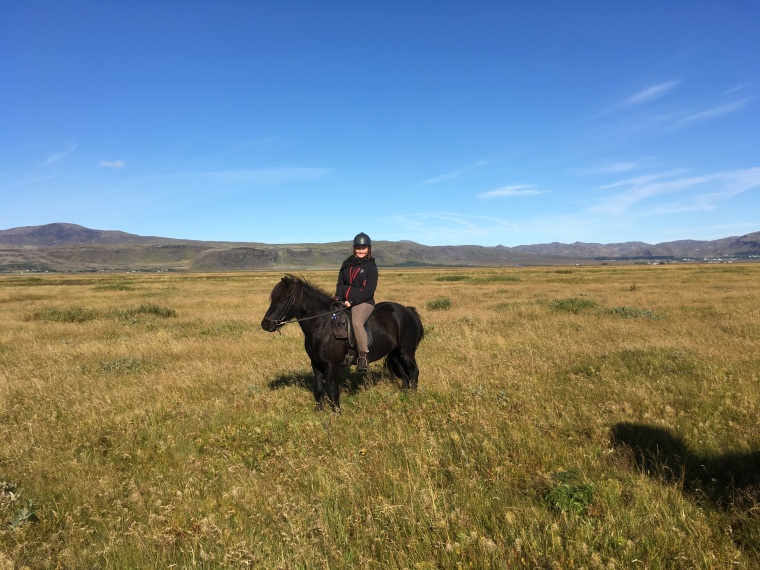
These were my scattered, very un-linguistic impressions of the Icelandic language. Even though I didn’t really learn any of it, I gave it a lot of thought during the trip, and together with the interactions with the locals, the beautiful landscapes, the food we tasted and the freshness of the air we breathed – it was an important part of making memories of Iceland for all senses. I really think that even just observing, if not learning, the languages of the countries we travel in, really give an extra dimension to the travel experience.
Have you ever done similar ‘language observing’ while traveling? How do you observe and explore a language while traveling? Or do you always try to learn some basics of the language before you go? I’d love to hear your thoughts!
(Ps. I don’t really know how to make a short post. This was supposed to be one. Oops.)
